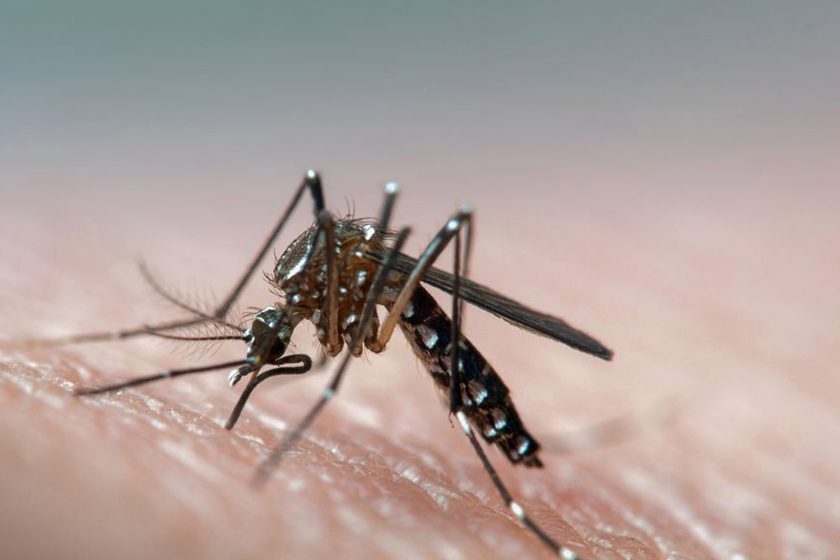RAROTONGA, 25 APRIL 2019 (COOK ISLANDS NEWS) – Another outbreak of dengue fever has not been ruled out by the Cook Islands Ministry for Health.
The admission comes as three probable dengue DENV-1 virus cases have been identified on Aitutaki.
The ministry has confirmed that it has sent two health protection officers and a vector control team to Aitutaki. The team checks for mosquito hot spots in a bid to prevent a rapid spread of the disease.
The ministry has reiterated that the cases are not confirmed, but are probable.
The ministry says: “While we cannot rule out any further outbreak, the protection measures undertaken by our public health team and the community have controlled the growth of the dengue cases to 18 confirmed cases in a span of almost three months.”
Communications and public relations advisor Janette Olliver said the public health team will complete local spraying of the case’s residence and workplace.
She said the ministry had also been undertaking mosquito larvae surveillance in Aitutaki for the past three months.
“People need to continue to take precautions to avoid being bitten by mosquitoes, use insect repellent, bed nets, cover up and clean up yards and safely dispose water holding containers.
Last week, the ministry mentioned that the dengue cases have somehow been steady, that is 18 confirmed and 12 probable cases were confirmed.
The ministry states that there are three levels of dengue classification and they are: confirmed (clinically compatible and NZ test positive), probable (clinically compatible and Cook Islands test positive) and suspected (clinically compatible but no test undertaken).
Olliver said for reporting purposes the ministry counts both confirmed and probable cases.
“The tests are conducted in the Cook Islands and is a low cost rapid diagnostic test to help in the early diagnosis of dengue and provides time to prepare in case the patient develops severe dengue.
“The tests conducted in New Zealand are costly, however, Te Marae Ora will send for further diagnosis and obtain serotype DENV-1, DENV-2, DENV-3 or DENV-4 under certain circumstances,” Olliver said.
In an earlier statement the ministry said that depending on clinical presentation being suspicious for dengue, then the rapid test is performed – results can be available within the hour.
If the rapid test is positive and the clinical presentation is compatible with dengue, then the patient is classified as probable dengue. Bloods are then sent to New Zealand and if a special test is positive, then it is classified as Confirmed dengue.




